Still challenging, yet effective
According to a report from the Institute for Tourism Development Research, General Department of Tourism, the growth in the number of tourists and the trend of more tourism in the recent period has released a large amount of waste into the environment, including plastic waste. It is estimated that in tourism, each tourist on average releases 5-10 plastic bags/day; 2-4 plastic bottles, milk cartons/day. That is not to mention other products and personal items made of disposable plastic.
For restaurants, eateries, and even many hotels, the habit of using plastic and nylon bags has not really improved. Along with that is the source of waste from the processing stage, from waste after meals... making the "environmental problem" still not find a specific solution. This is a huge pressure on the environment, especially in tourist areas, causing negative feelings for tourists, easily leading to a decrease in the number of visitors, and damage to the tourism economy.
In May 2019, more than 80 agencies, units and tourism businesses in the province signed a commitment to say no to plastic products. Specifically, tourism units and businesses committed to not using nylon products and single-use plastic products; in conferences and seminars of the unit, not using single-use bottled water with a volume of 330 - 500ml; tourism service businesses, tourist areas, and tourist attractions collect, classify, and treat waste according to regulations; periodically organize environmental sanitation and landscape cleaning at residences and workplaces every Sunday...
It is not easy to change. Currently, many hotels still use plastic bottles when organizing conferences. The process of moving, serving drinks to tourists or other activities still requires the use of plastic bottles. Because using items such as glass is very difficult, even dangerous. Meanwhile, there are no optimal items to replace.
In a related development, the reasonable application of environmentally friendly items can save costs and increase profits for businesses. Villa Hue Hotel is an example. Ms. Nguyen Thi Hoa, Director of the Tourism Practice Training Center, Villa Hue Hotel, said that in recent times, the hotel has used many environmentally friendly products to replace plastic products, such as using glass bottles to store water; providing large water bottles for guests to use; single-use shower gel and shampoo bottles are replaced with large bottles for long-term use; using products of natural origin from biological materials such as bamboo, paper, sugarcane, coconut; paper and stainless steel straws instead of plastic straws...
“By applying that, the hotel has reduced 20,400 plastic bottles every year, saving 61 million VND; 13,200 bottles of personal shampoo, 11,000 bottles of personal shower gel, saving 72 million VND; and limited the use of about 21,000 plastic straws. The total cost saved is nearly 150 million VND/year,” said Ms. Hoa.
From commitment to action
The goal by 2024 is for Hue City to become a plastic-reducing city with 70% of solid waste classified at source, collected and treated, and promoting the recovery of recyclable waste from landfills. By 2030, the river system and wetland ecosystems in Hue City will be protected from plastic waste pollution. If this is achieved, it will not only change the face of the city but also contribute to sustainable tourism development.
According to tourism businesses, currently, plastic replacement products have not met the demand. Therefore, more attention is needed from authorities and organizations in implementing solutions to reduce plastic waste. Support resources in implementing solutions to reduce plastic waste. There needs to be a more specific study on the total amount of waste at each hotel and destination. From there, specific reduction targets for plastic waste can be set.
In tourism activities, applying appropriate and proper environmental protection solutions will bring practical results. The model at Villa Hue Hotel is being implemented and needs to be replicated. Along with that, each service person must be aware of using environmentally friendly items and then convey that message to tourists. Each tourist also needs to share and support the destination in reducing plastic waste.
A more specific solution for the tourism industry that has just been implemented is that the Department of Tourism, the Tourism Association and the Project "Hue - Plastic Reduction City in Central Vietnam" launched and signed a commitment to implement programs to reduce plastic waste in tourism activities among organizations, units and tourism businesses in the coming time.
Ms. Nguyen Hoang Thuy Vy, Permanent Vice President of the Provincial Tourism Association, said that tourism businesses will commit to training employees on waste classification at source and reducing plastic waste. Develop regulations on saving electricity and water resources. Apply the 6T principle, including: refuse, reduce, reuse, replace, recycle, collect. Implement waste classification at source. Call for participation and persuade customers to reduce the use of single-use plastic items... Immediately after making the commitment, the association disseminated it to all businesses and tourist destinations, to contribute to the mission of making Hue a "Plastic Smart City" by 2024 with the goal of reducing 30% of plastic waste lost to the natural environment.
Source


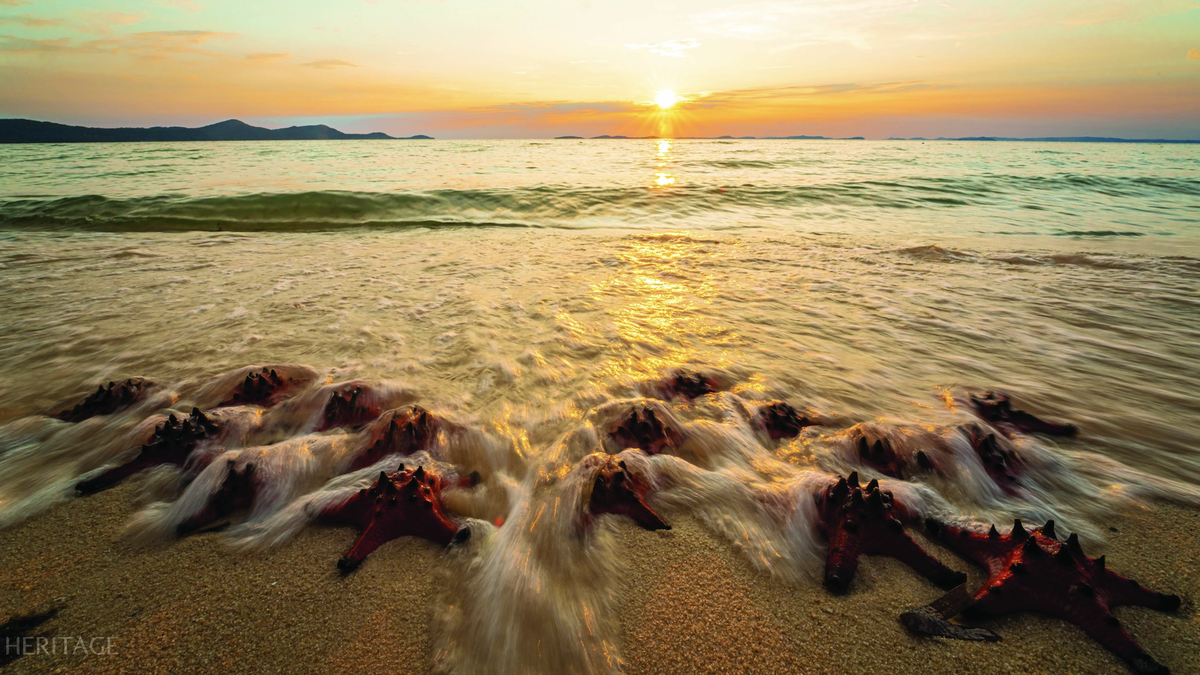
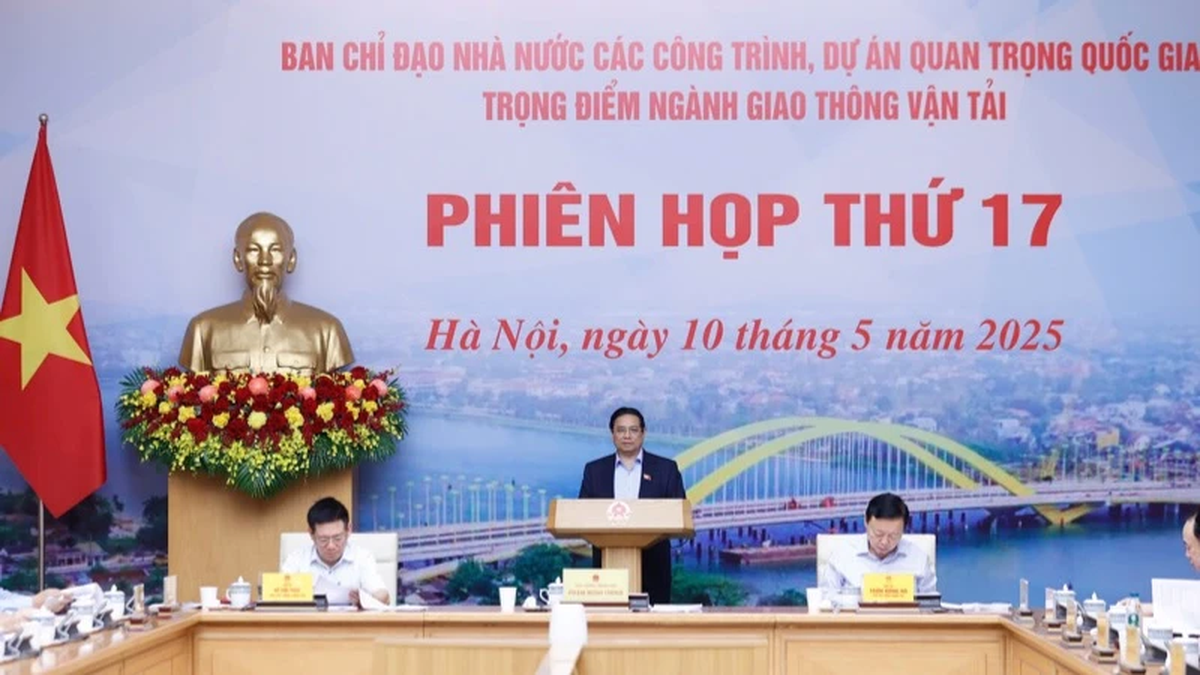
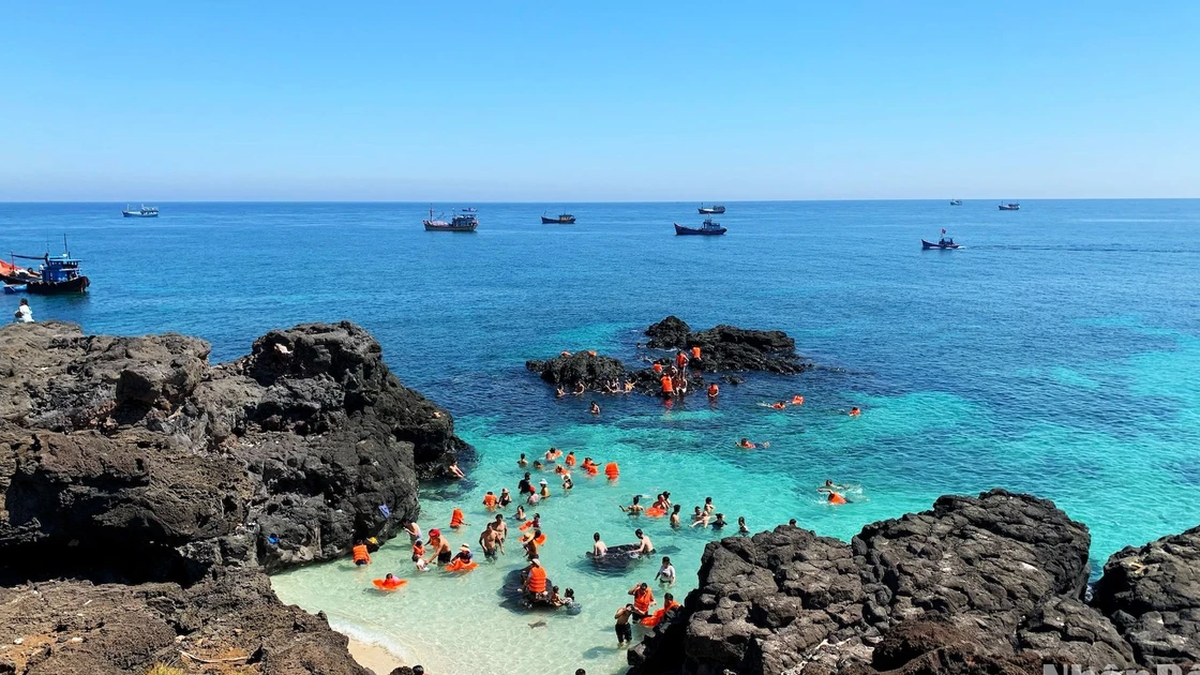
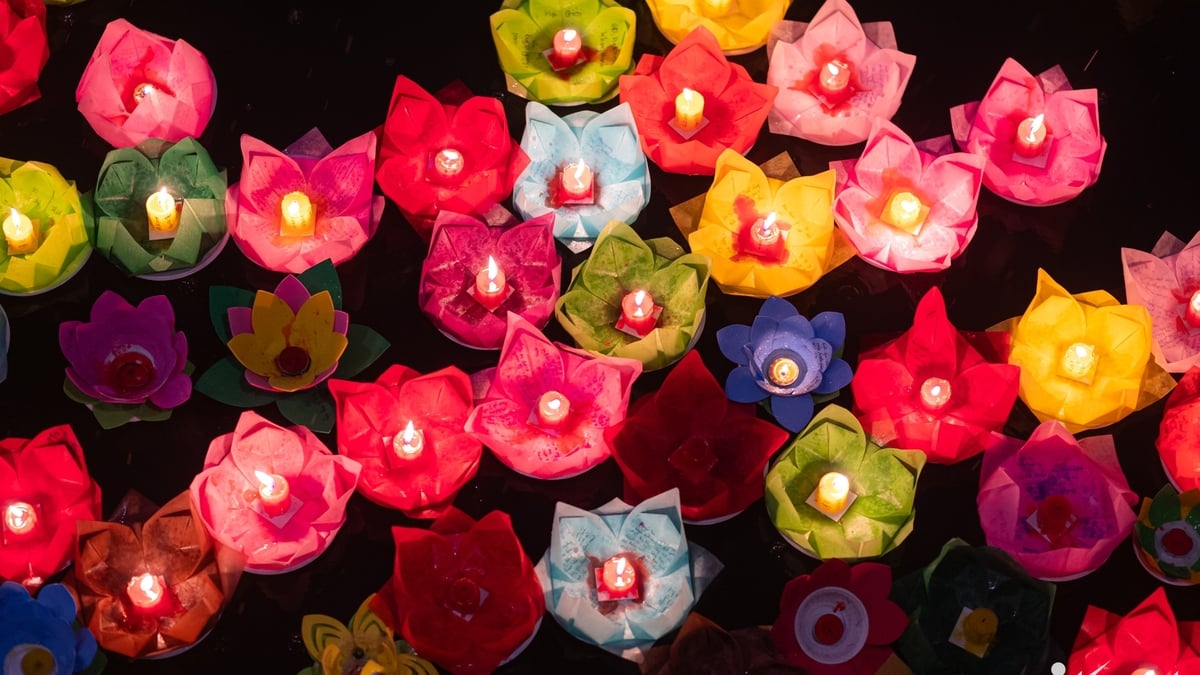

![[Photo] Prime Minister Pham Minh Chinh chairs a meeting of the Steering Committee for key projects in the transport sector.](https://vphoto.vietnam.vn/thumb/1200x675/vietnam/resource/IMAGE/2025/5/10/0f4a774f29ce4699b015316413a1d09e)
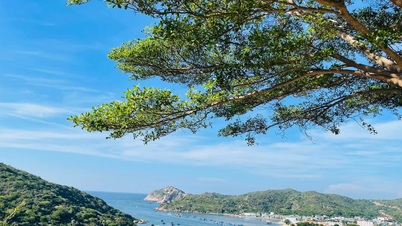

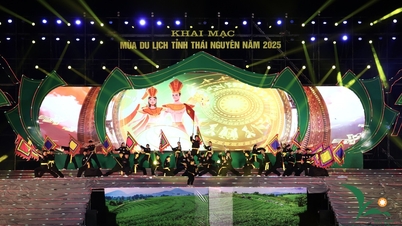
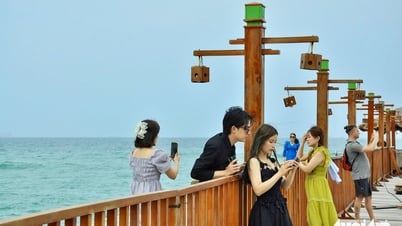

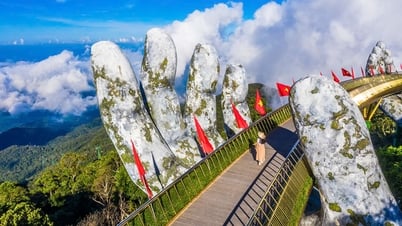




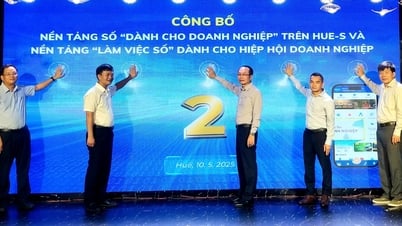
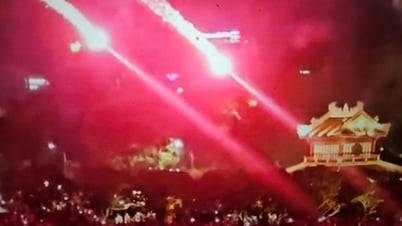
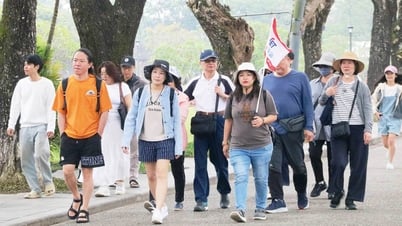
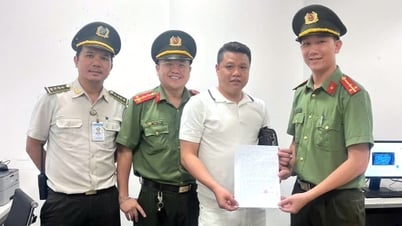
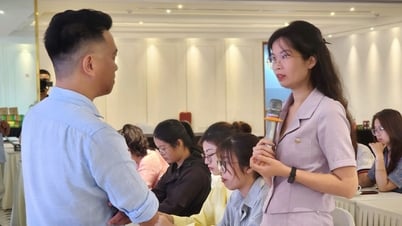
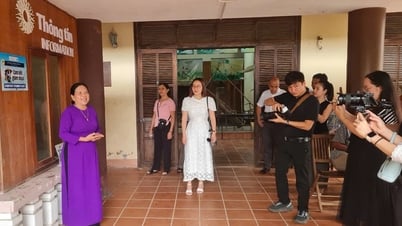























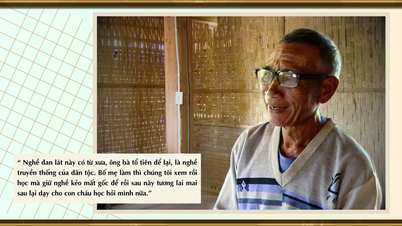










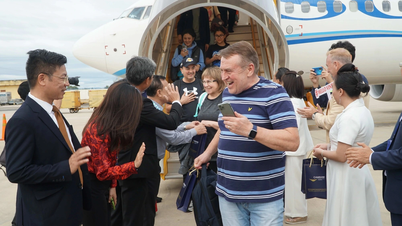




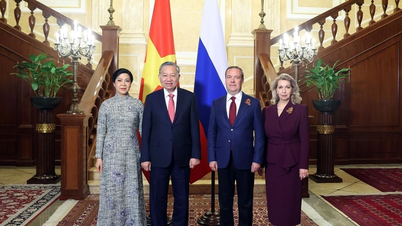








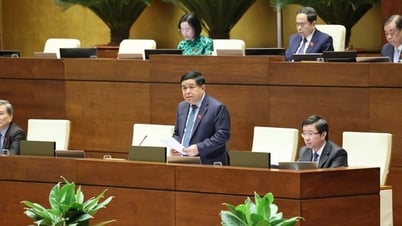



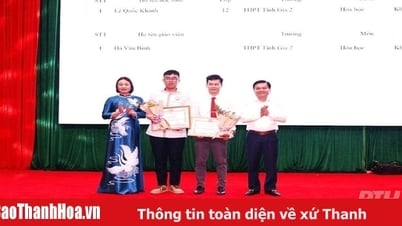



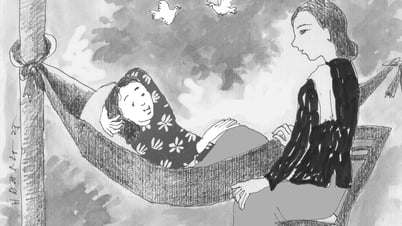
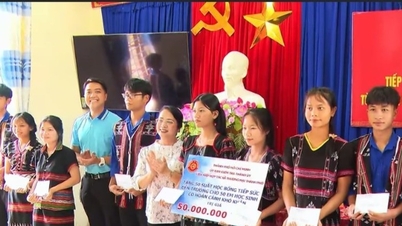

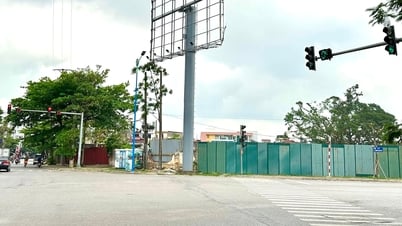









Comment (0)